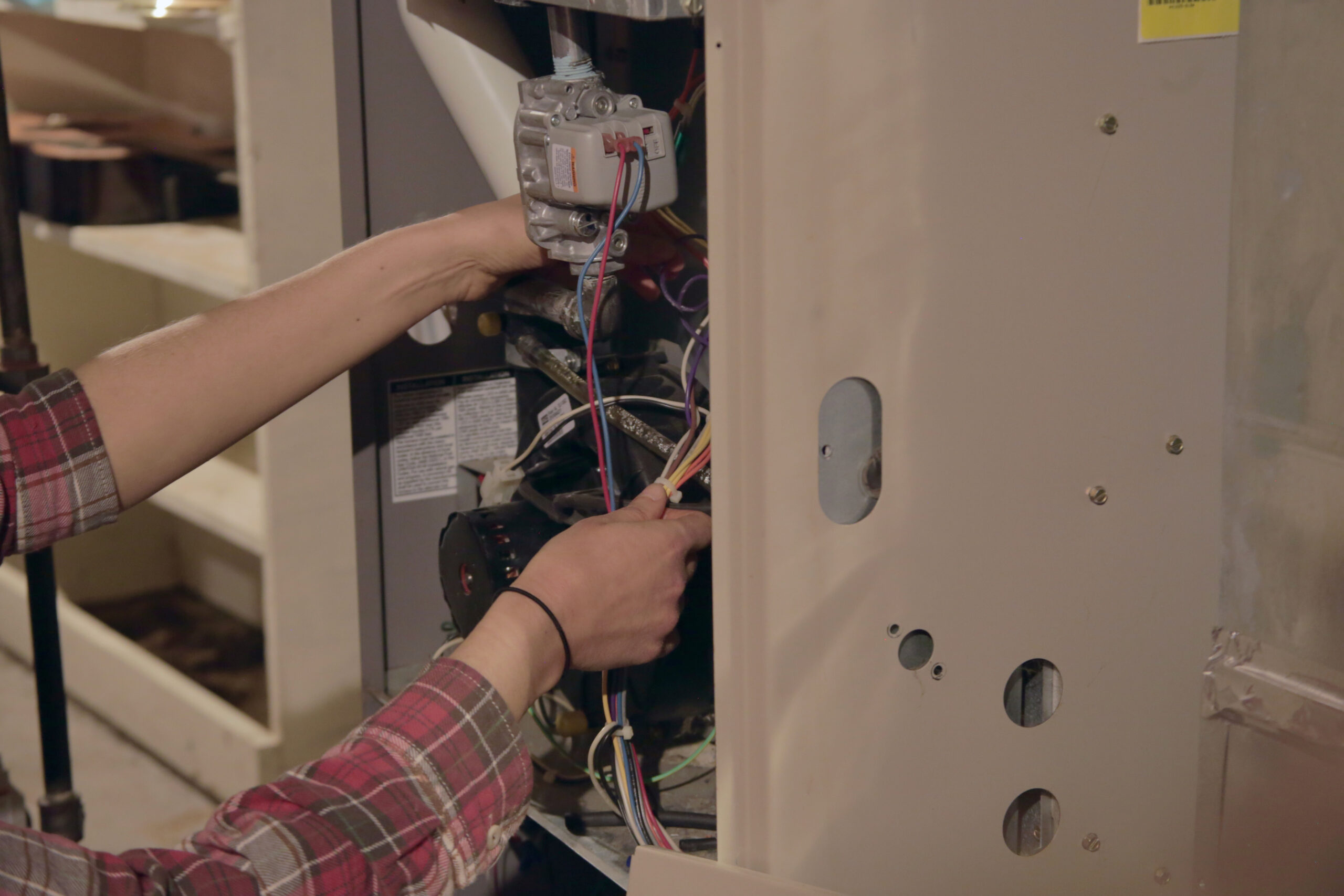A Heat Pump Water Heater? Yes, It Might Be Your Top Choice
You have a new home, but it doesn’t have a water heater installed. Or the water heater in your current home is finally worn down to the point where it’s too costly to keep fixing it and paying astronomical heating bills. Whatever the situation, you’re on the market for water heaters in Arlington, TX. You have a few choices:
- A standard storage tank water heater (probably the type you had before)
- A tankless water heater
- A heat pump water heater
What’s that? You’ve heard about tankless water heaters before, but you aren’t sure what a heat pump water heater is. We’re glad to fill you in on this technology, because it may be the best choice for your water heater replacement.
Heat Pump Water Heater Basics
The simplest explanation of a heat pump water heater is that it’s a type of electric tank water heater, but instead of using electrical heating elements inside the tank to warm the water, it uses a heat pump to extract heat from the air and move it into the tank.
The deeper dive: The conventional electric water heater uses a process called electrical resistance heating to generate heat. This is the same type of heat you see at work in a basic toaster—electrical currents channeled through metal causes the metal to turn hot. The heat then transfers into objects around it. In the case of a water heater, it transfers to the water.
Electrical resistance heating consumes large amounts of electricity, which is why electric water heaters can be so expensive to run compared to natural gas water heaters. Homes with natural gas connections almost always use gas to power their water heaters.
With a heat pump water heater, no heat is generated inside the tank. Electrical power is used to run the components of the heat pump section of the water heater. This heat pump is similar to the heat pumps used to heat and cool homes—refrigerant circulates between a set of coils to move heat from one place and release in another. The heat pump extracts heat from the air around the water heater, and then releases the heat through a coil and heat exchanger into the tank. It takes less electricity to do this because the electricity isn’t directly creating heat, it’s moving heat.
If your home uses natural gas, then we recommend you stay with a gas-powered heater (either tank or tankless). But if you have an all-electric home, a heat pump water heater is a fantastic alternative to the standard electric water heater. It’s a great money saver, and in our climate, it will never have trouble extracting enough heat from the air to warm up the water in the tank.
Work With Your Local Water Heater Experts
Still wondering what type of water heater to invest in? We know this isn’t a simple decision, but it’s our job to make it easier for you. Consult with our team and they’ll determine what water heater type best matches your needs. They’ll size it accurately and then install it so you’ll enjoy many years of uninterrupted hot water.
Look to Frymire Home Services in the Dallas and Fort Worth Area. You Always Win With Us!






